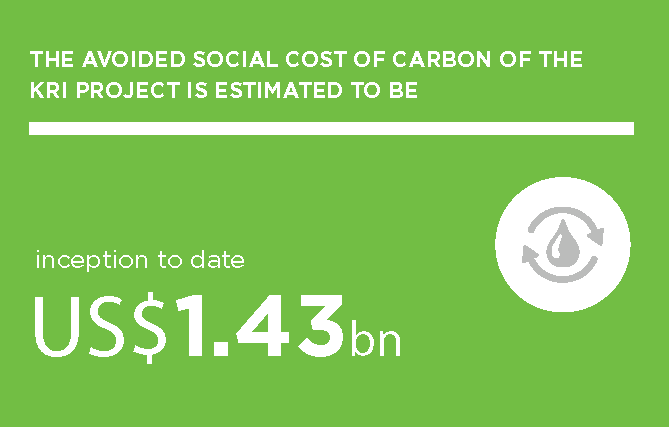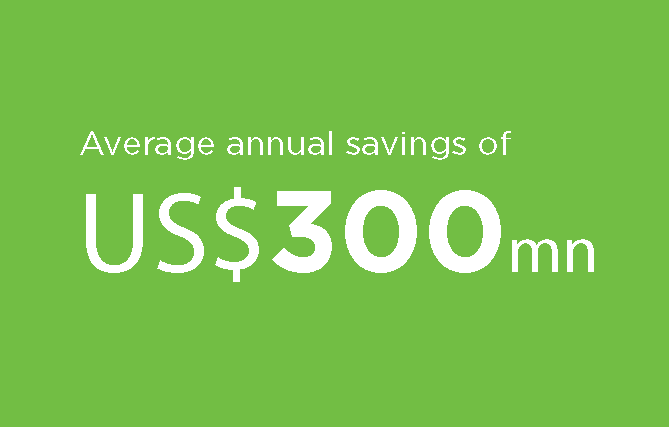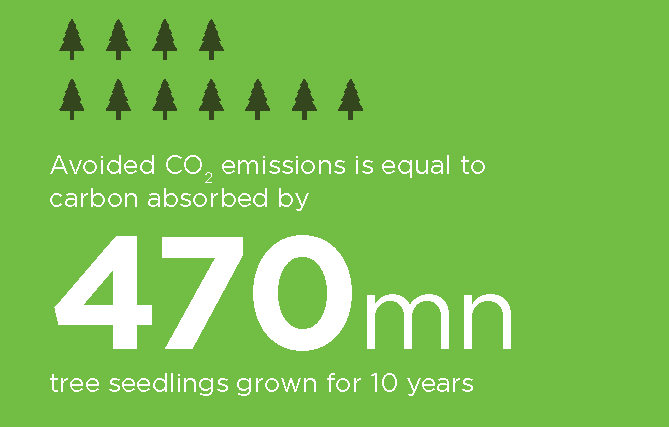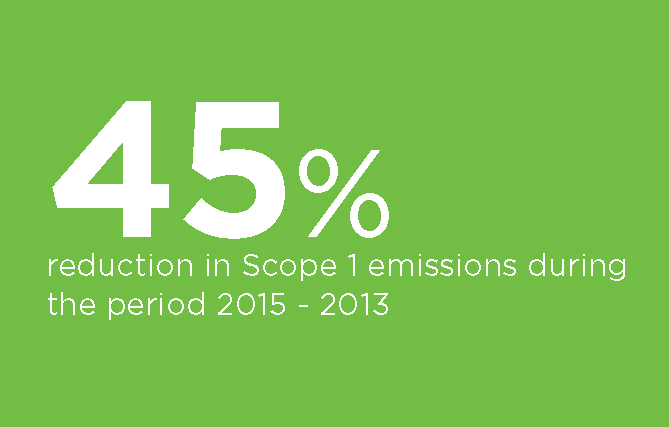OUR ENVIRONMENTAL FOOTPRINT
We are committed to operating in an environmentally responsible manner, minimising our environmental footprint and implementing green initiatives that benefit the local communities we serve.
We are committed towards minimising waste by
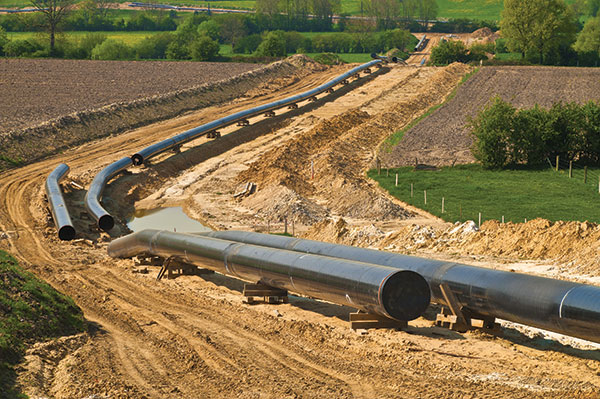
We apply the same level of engagement and transparency to environmental challenges as to management and business decisions, and our goal is to leave a lasting legacy of environmental care in the communities where we operate. Since 2008, Crescent Petroleum’s Health, Safety, and Environmental (HSE) policy has ensured that we follow a systematic approach to environmental management, waste minimisation, and pollution prevention and control. Our Environmental Aspects Procedure (EAP), first implemented in 2010, complements HSE guidelines.
All Crescent Petroleum facilities maintain a proactive approach to pollution control and safety that allows us to avoid environmental incidents. Our HSE team assesses each new or ongoing project under a broad set of criteria, including regulatory compliance; climate change; impact on air, land, and water; and the needs of local communities. We continue to work on formalising our operations and reporting systems.
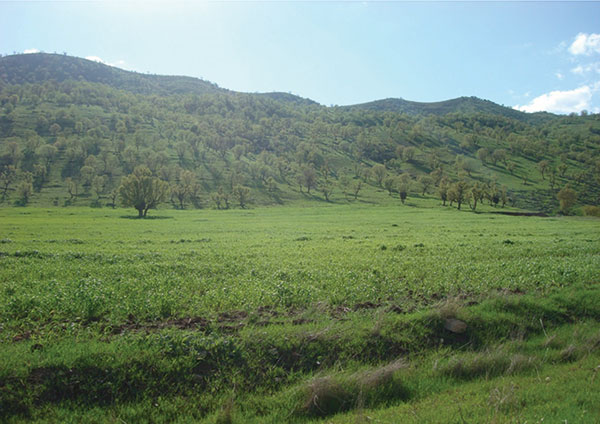
With the impending threat of climate change, escalating greenhouse gas emissions, and the need to provide a growing population with access to cleaner energy, natural gas is increasingly seen as a sustainable alternative to other fossil fuels. It emits approximately half the carbon per unit of electricity produced compared with coal, and can be considered as a transition fuel to help shift energy production away from more carbon intensive alternatives.
The exploration for natural gas only received attention relatively recently in the Middle East, which holds about 40 per cent of the world’s proven reserves. Crescent Petroleum intends to continue playing a leading role in the growth of natural gas as a primary energy source for this region, and beyond.
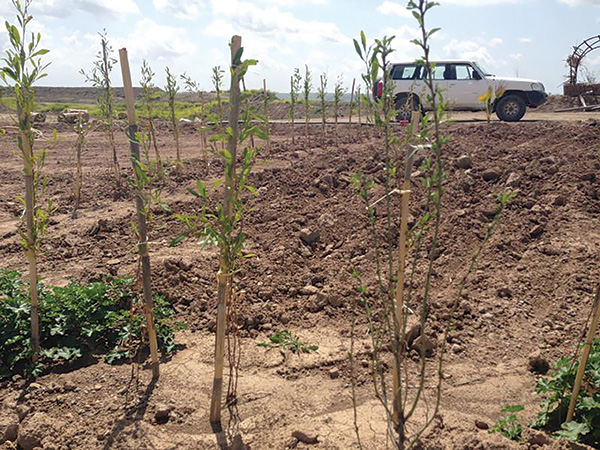
The project enabled the completion of new gas-fired electricity production at the Erbil and Chemchemal power stations, displacing older diesel powered plants. Due to its higher thermal efficiency, gas is a lower-carbon energy source. It also results in lower emissions of SOx and NOx, than typical diesel-fired generation. By replacing diesel fuel with natural gas in the KRI, from 2008 to 2015 Crescent Petroleum avoided emitting an estimated 20.25 million tonnes of CO2 equivalent, the amount of carbon absorbed by 470 million tree seedlings over a period of 10 years.
Crescent Petroleum continually seeks opportunities to minimise waste and conserve resources. Monthly reports track and categorise waste generated, which is reviewed by the HSE supervisor. All the waste generated during production operations is handled, stored, disposed, and recycled in compliance with applicable environmental laws and regulations.
Effective water management is critical to the overall sustainability of our operations. We operate primarily in the Middle East, where water is a precious resource, often in limited supply; this underpins our responsibility to utilise and conserve water throughout our operations.
In 2015, the total energy consumption across our operations in the UAE and the KRI was 102.30 terajoules. We continue to monitor our energy consumption and to look for opportunities to reduce emissions through operational efficiencies.
ENVIRONMENTAL KPI’S
